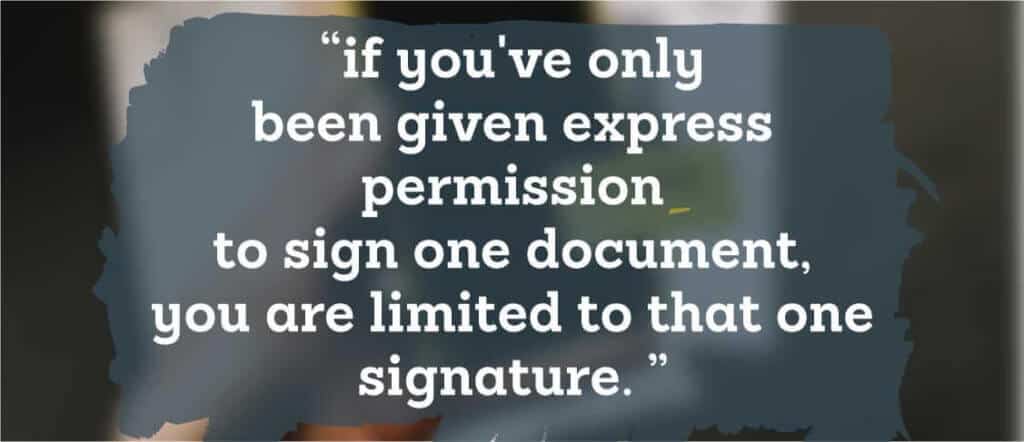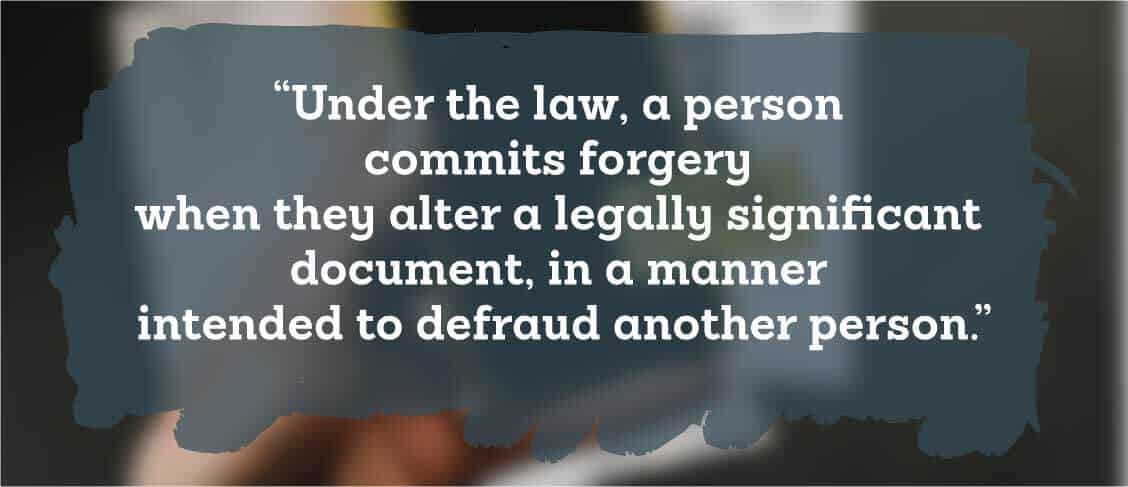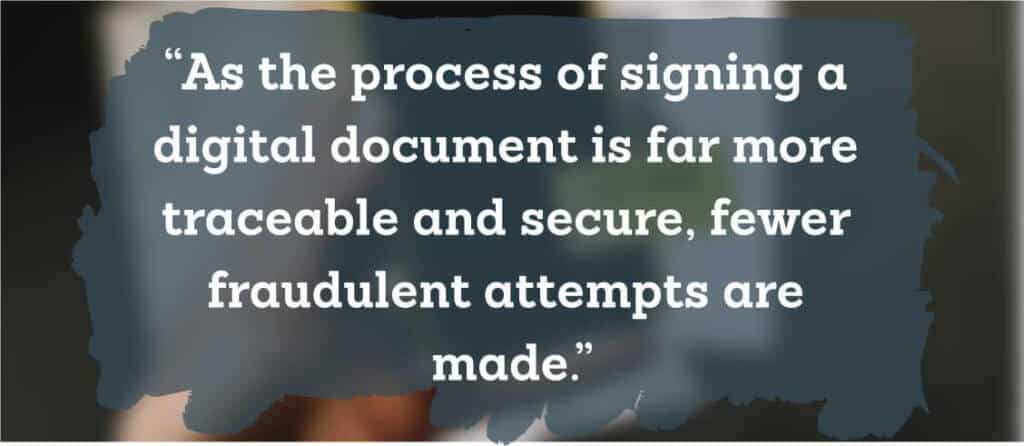Is signing on behalf of someone legal in 2025? – eSignature law

Published:
Signing on behalf of someone – Can you do it and is it legal?
You may be asked to sign on behalf of someone and it can be unclear just what the laws are on this subject. In the United Kingdom, signing on behalf of someone else can be legal, but it depends on the circumstances and the authority granted to the person signing.

Is signing on behalf of someone legal at all?
In short, yes, but only if they’ve agreed to it. The law states that if you’ve appointed someone to sign one document on your behalf, or ‘by proxy’ you’re allowing them to act as an authorised representative for that one occasion. Meaning, if you’ve only been given express permission to sign one document, you are limited to that one signature.
There are varying legal documents where verbal consent won’t hold up, as they require an original signature under the Statute of Frauds. Sale of land contracts, bank loans, tax returns, to name a few, need an original signature. Other general legal documents are mostly fine, as long as ‘p.p’ is written before the signature.
What’s the meaning of P.P on a signature?
The term ‘pp’ preceding a signature stands for per procurationem. This term is taken from the Latin word ‘procurare’ meaning ‘to take care of’ and is used to signify that the document has been signed on behalf of someone else.
Power of attorney
In certain circumstances, you may be granted the power of attorney in which you’ll be legally allowed to sign all relevant documents on behalf of someone else.
Criminal Defense Lawyer puts it like this:
“Where a person is appointed to act as another’s agent for all legal purposes this is called “power of attorney.” A person with power of attorney for another may sign all legally significant documents on behalf of the other person. But Signing as a proxy or agent is limited to a specific purpose.”

Is it illegal to forge a signature UK?
Where someone is not acting as power of attorney, or express permission has not been given, in all other cases, especially if the person is trying to defraud, signing on behalf of someone else is illegal and can be taken to court. If you think this may have happened to you – read our guide on what to do!
Electronically signed documents can act as better evidence in your claims than a paper contract if this happens to you. As the process of signing a digital document is far more traceable and secure, fewer fraudulent attempts are made.

What is an eSignature?
An electronic signature or e-signature is used to confirm the signer’s approval or acceptance of the document’s content. This type of signature is useful for companies who do business remotely and don’t have the opportunity to meet their signees in person.
Because of the flexibility electronic signatures offer, in many ways they remove the need for someone to sign on behalf of another person. However, if you must sign electronically on behalf of someone else, the same rules apply. You must only do so with the express permission of the person on whose behalf you are signing. To forge a signature otherwise, is illegal.
How are electronic signatures regulated?
First, the electronic signatures need to meet the definition of the electronic signature set by the ESIGN, UETA, GPEA, and eIDAS
ESIGN, UETA, GPEA, and eIDAS present the basic level of requirements. Here is what they represent:
- The ESIGN Act – A federal law passed in 2000. It grants legal recognition to electronic signatures and records if all parties to a contract choose to use electronic documents and to sign them electronically.
- The UETA Act – The Uniform Electronic Transactions Act states a framework for determining the legality of an electronic signature in both commercial and government transactions.
- The GPEA Act – Government Paperwork Elimination Act requires federal agencies to provide for the option of electronic maintenance, submission or disclosure of information, when practicable as a substitute for paper, and use and acceptance of electronic signatures, when practicable.
- The eIDAS Regulation – Created in 2016, this regulation standardises electronic signature requirements across the EU. It defines the companies that provide these signatures as trust services and makes e-signatures and accompanying time stamps admissible in court. Compliance is obtained when it is determined that the party signed the document intentionally and that their identity was verified prior to signing.
Advanced signature
An advanced eSignature (AES) takes your document signing security one step further from a simple electronic signature (SES).
A simple electronic signature can be anything from an uploaded image of a handwritten (wet ink) signature to a typed name. What makes an advanced electronic signature different is that it needs to be uniquely linked to the signer in order to verify their identity.
An advanced electronic signature is also widely considered tamper-proof, as it comes with cryptographic signing capabilities, (a fancy word for change detection) which clearly highlights if a document has been opened or changed since being signed.
Furthermore, advanced electronic signatures should be created using data that only the signatory can control (e.g. by using a private encryption key or digital account which only the signatory can access and/or unlock).
Use the same electronic signature technology
Once you opt for a trusted electronic signing solution, keep it consistent in the document signing process. This is an important element for retaining the document’s integrity, intent, and securing the information about the transaction. Using different types of eSigning technologies can lead to losing the supporting legal evidence and you don’t want that to happen.
There are a wide range of eSignature solutions on the market. Opt for one which is cost-effective, provides a suite of impressive features, and prioritises security. Signable ticks all of these boxes, plus offers a 14-day free trial so that you can test all of the features before committing to a paid plan or PAYG option.
Spread the news
Now that you know how to ensure that your document signing is fully legal, you should complete one last step – inform your employees.
1. Let them know that they need a written agreement to sign on behalf of someone else.
2. Emphasise the importance of keeping information linked to their eSignature account, well secured.
Legal disclaimer
The above information is not intended, and should not be construed, as legal advice. If you wish to confirm the validity and legality of electronic signatures and contracts in your country of residence, you should seek professional legal advice.
Get started in under 60 seconds
Check out our free 14 day trial and start sending documents now.
